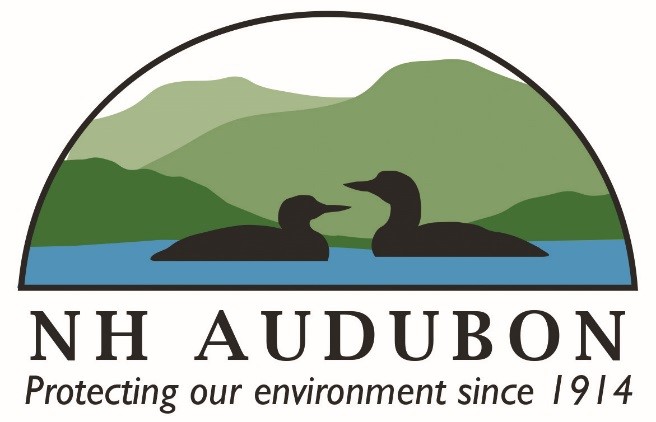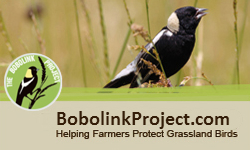A NEW FARMERS' MARKET: ECOSYSTEM SERVICES
[ Back to Benefits ]
WHAT ARE ECOSYSTEM SERVICES?
Ecosystem services are goods and services provided by nature that benefit humans. A natural ecosystem is a collection of plants, animals, and other organisms functioning as a unit and interacting with their physical environment.
Ecosystem services can be subdivided into four main categories:
- Regulating services (such as climate control, water purification, or flood protection)
- Provisioning services that produce food, water, and energy
- Supporting services (like pollination) that aid in the perpetuation of healthy ecosystems
- Cultural services (the spiritual and recreational benefits received from an ecosystem such as aesthetically pleasing wildlife, undeveloped landscapes, or open spaces)
MARKETING ECOSYSTEM SERVICES
The costs of ignoring our ecosystem services are high, but so are the costs of providing them. Increasingly, the very people with the capacity to preserve these services are also the people whose existence depends upon modifying them: our farmers. The Bobolink Project recognizes and respects the tensions our farmers face in being both stewards of the environment and business owners dependent on the land for their survival.
One such tension exists between hay farmers and the Bobolink. The songbirds migrate from South America each year to nest in North American hayfields. Unfortunately, Bobolink populations are declining. To harvest the highest-quality hay, farmers must mow before the young bobolinks can fly. Within 24 hours of mowing the young have perished from predators.
If farmers were to delay cutting their fields to protect the birds, hay quality would suffer, depriving them of livestock feed, income, or both. For some farmers, their hay crop is the final piece enabling them to remain in farming.
The Bobolink Project uses community members' contributions to pay farmers to delay the mowing of a hayfield suitable for Bobolink breeding until after the baby birds can leave their nests. The birds successfully nest; the farmers retain the income from their hayfields and potentially choose to increase the acreage in hay.
In this way, ecosystem services have become a new marketing opportunity for local farmers... and a tangible way for community members to participate as well.





